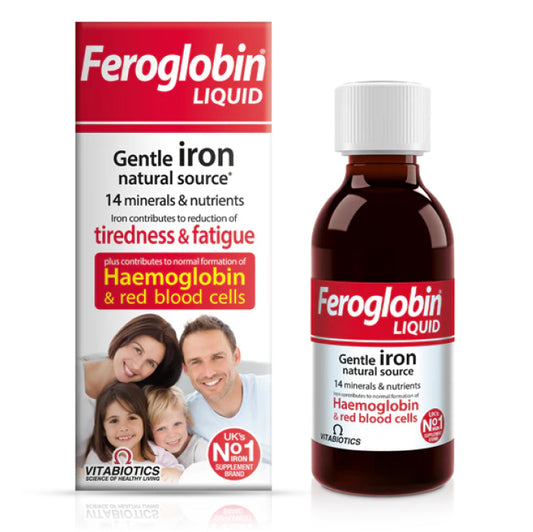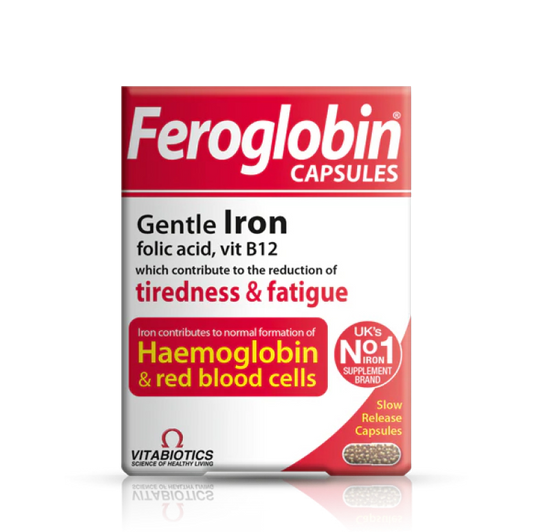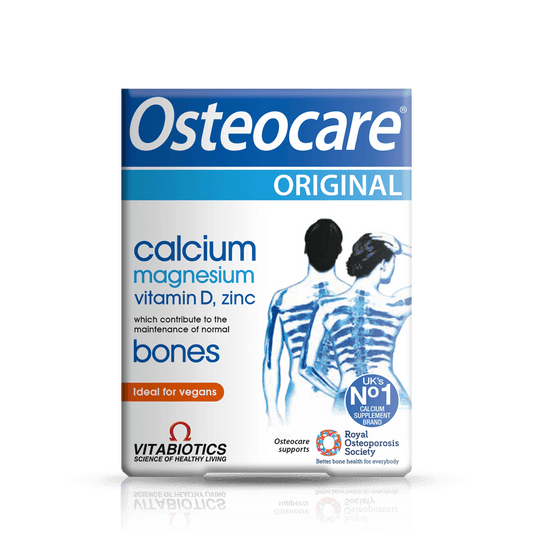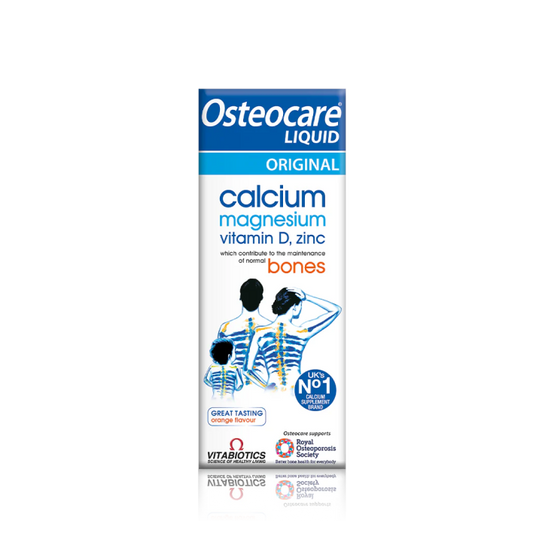Leg pain can have a number of causes. Some require minor changes to your diet and supplementation. Others should be consulted with a doctor. Find out what causes leg pain and what they may indicate.
Causes of leg pain
Leg pain can have various causes. It is often accompanied by swelling. The most common causes of leg pain are related to both fatigue and certain diseases, such as vascular problems or disorders in the joints and muscles. Determining the cause of this unpleasant condition allows for the introduction of appropriate treatment, which is intended to prevent leg pain.
Vascular problems
Vascular problems are most often related to blood circulation in the veins. They can cause pain and swelling. They include:
-
venous insufficiency,
-
varicose veins,
-
deep vein thrombosis,
-
peripheral arterial disease.
Muscle and joint disorders
Joint and muscle disorders are a very broad group of ailments. Inflammation of joints is the most common in their course. Rheumatic diseases, rheumatoid arthritis (RA) or degenerative disease often cause leg pain, joint stiffness and swelling along with inflammation. In addition, other ailments, strains, pain and limited mobility may appear.
Neurological disorders
Sensory disorders, restless legs syndrome or muscle spasms are also strongly associated with pain. Numbness, also during rest, tingling of the lower limb and difficulty walking may occur. Pain also occurs in the course of sciatica, tetany, diabetic neuropathy and nerve inflammation.
Diseases of the musculoskeletal system
Pain associated with the lower limbs may result from problems with the musculoskeletal system. It may accompany diseases such as joint pain, degenerative changes, arthritis, osteoporosis , discopathy, muscle stiffness or other spinal diseases. The pain then radiates from the legs, upwards, so treatment should be based on eliminating the primary cause.
Other causes of leg pain
There are also a number of other causes of pain. Unpleasant leg pain may indicate:
-
gout,
-
muscle weakness, not only after physical exertion,
-
back pain,
-
chronic ischemia of the lower limbs,
-
bone fractures,
-
blood clot,
-
Lyme disease,
-
some infections,
-
bruises,
-
muscle strain.
Sometimes severe leg pain and other accompanying symptoms may indicate malignant bone tumors. This requires urgent treatment.
What are the symptoms of leg pain?
Leg pain can appear suddenly, but it can also gradually increase. Sometimes it only occurs at night, in other cases after physical activity, prolonged standing or taking an uncomfortable position. Pain can sometimes be very bothersome, making everyday functioning difficult. Before you go to your family doctor or another specialist, it is worth knowing what symptoms should make you worry:
-
pain when walking, standing or climbing stairs,
-
edema,
-
muscle stiffness,
-
limitation of mobility and movability,
-
feeling of heaviness,
-
varicose veins,
-
water retention in the body,
-
redness of the lower limb,
-
subfebrile condition.
Swelling and pain in the legs can also appear as one of the symptoms of diseases such as kidney problems, venous insufficiency or injuries. Pregnant women often complain of pain in the lower limbs, which is accompanied by water retention in the body.
Leg pain and vitamin and mineral deficiencies
Leg pain is often associated with vitamin and mineral deficiencies. This results from an unbalanced diet, stress, the use of stimulants or lack of rest. A proper diet rich in fresh vegetables and fruits, lean meat, dairy products, legumes, whole grains and healthy fats is the foundation. Unfortunately, many people do not provide their bodies with all the necessary minerals and vitamins. Leg pain occurs in people with deficiencies of B vitamins, vitamin D, calcium, potassium and magnesium. Often, on a reducing diet, deficiencies of these appear. Properly selected supplementation will eliminate pain, tingling or numbness.
This may be useful to you: Osteocare Calcium Supplements
Supplementation for leg pain
People suffering from leg pain should often support themselves with dietary supplements. It is worth introducing products containing calcium, which is the main building block of bones. A good solution is to use dietary supplements that also contain vitamin D and magnesium . Many people suffer from their deficiency, and diet alone does not always achieve the expected effect. It is worth remembering, however, that leg pain will not disappear immediately. It is necessary to use a dietary supplement for at least 2-3 months. Thanks to regularity, the pain and discomfort that accompanies it will decrease with each passing day.
However, if you need immediate help, you can reach for non-steroidal anti-inflammatory drugs. However, do not overuse them. This is a temporary solution. In the case of chronic pain in the legs and bones, it is necessary to consult a doctor, because it may indicate a more serious problem.










